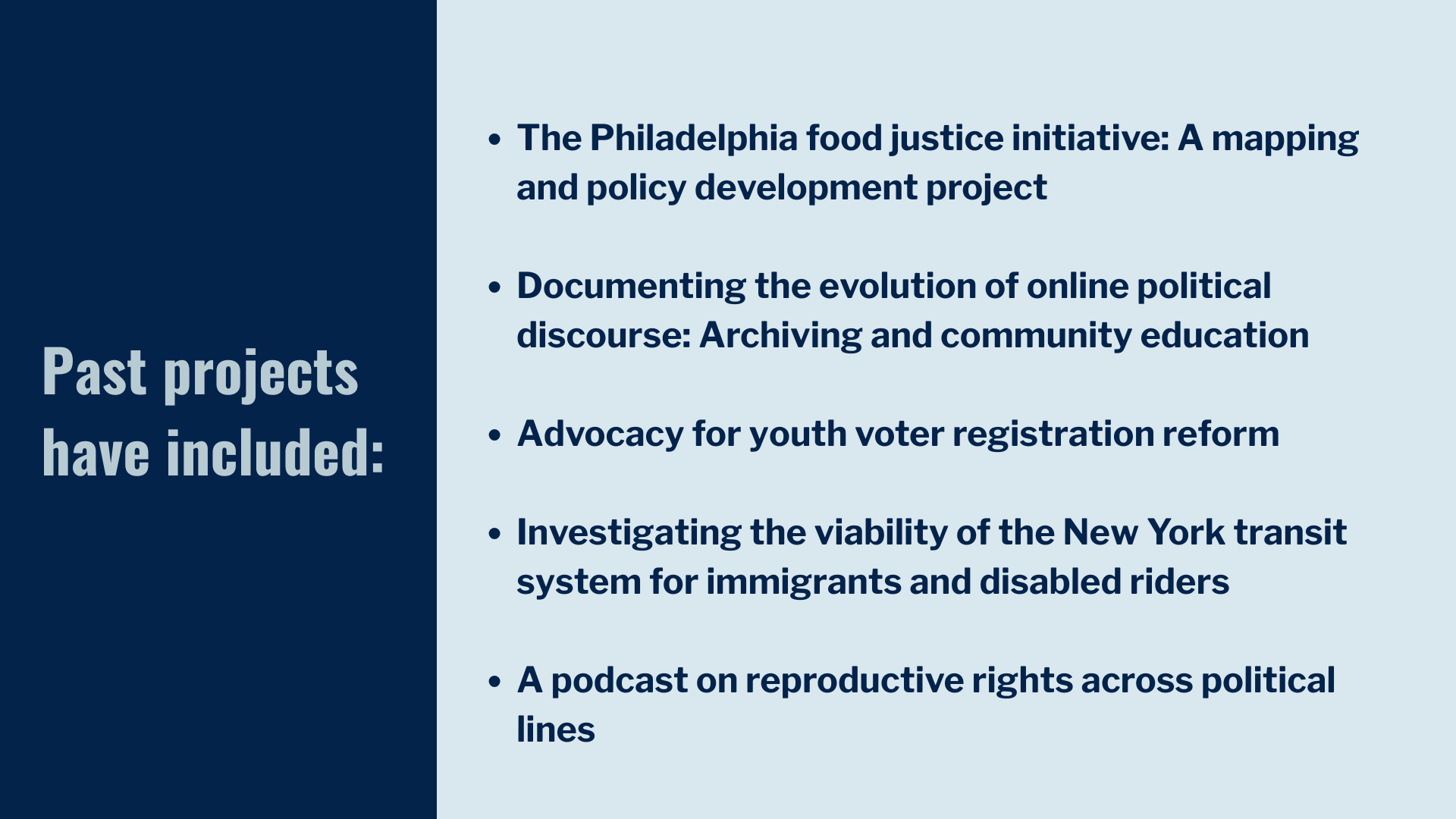Join us for How to Get Into Selective Summer Programs on 9/16 at 8 pm EST. Space is limited, register today!
Join us for How to Get Into Selective Summer Programs on 9/16 at 8 pm EST. Space is limited, register today!

The college admissions landscape is evolving. While academic excellence remains important, institutions increasingly seek students who demonstrate civic engagement—those who care beyond personal success and actively improve their communities. This article explores what civic engagement means, why top colleges prioritize it, and how you can authentically showcase your story to rise above the competition.
Civic engagement refers to being actively involved in community affairs to bring positive change. It’s more than volunteering, it’s about using your skills and passion to address real-world issues.
This concept encompasses action-driven projects like:
In our connected world, civic engagement can include:
Colleges ask: How are you tackling today’s challenges?
It’s simple. Grades and test scores can only tell colleges so much. What admissions teams really want is a three-dimensional view of each student. Civic engagement provides that third dimension.
In a recent webinar, our counselor, Kristina, a former admissions officer at Cornell, emphasized that schools seek students who demonstrate leadership, initiative and empathy. Civic engagement is a tangible way to showcase all three.
For example, Wharton’s prompt about applying business knowledge to real-world issues isn’t just about academic readiness—it’s about mindset. Are you someone who sees a problem and thinks, What can I do about it? That’s the kind of person colleges want.
Let’s bust a myth: You don’t need to be a club president to be a leader.
Leadership can mean starting a peer tutoring program, mentoring middle school students or launching a podcast on civic issues. It can mean stepping up when others step back, organizing when things are chaotic and staying committed even when it’s hard.
Selective schools aim to shape future leaders who will affect the greater good. Your engagement shows you’re already aligned with that mission.
At AcceptU, we help students develop civic engagement projects that enable them to demonstrate their leadership and initiative. Here are some civic engagement examples from our students:
These are students who identified a gap, took initiative, and created something meaningful. And those are the stories that grab admissions officers’ attention.

Interested in our mentorship program? Book a consultation with our team and discuss how we can help you develop civic engagement project ideas and design a personalized passion project to elevate your college application!
Your personal statement is one of the most effective ways to showcase your civic engagement. Instead of simply listing your achievements, tell a story. Show your growth. Reveal what drove you to act, what challenges you faced and how the experience shaped your worldview. For example:
“When my school shut down the chess club during COVID, I realized how many students lost a crucial outlet for connection. I decided to start a statewide chess league—offering online competitions, peer coaching, and mentorship. I didn’t just create an activity. I created a community.”
That’s not just a strong essay idea. It’s a memorable one.
Use the essay to answer not just what you did, but why it mattered. Reflecting on personal growth, challenges and purpose makes the narrative resonate.
On the activities list in the Common App, you have limited space, so make every word count. Use these tips:
Ask recommenders who’ve seen your civic engagement in action. Maybe it’s a teacher who advised your social justice club, a mentor from a nonprofit or a community leader.
Give them a summary of your work so they can write a letter that reflects not only your academic strengths, but also your values, character and initiative. Let them highlight:
When all parts of your application point to the same story—a student with heart, grit and vision—you become a clear “yes” for admissions committees.
Don’t wait for the “right time.” Your voice matters, and you should make it count. The stories you build today will resonate in your essays, recommendations, and interviews. Not sure how to get started? Book a free consultation call with us and start building your project today!

